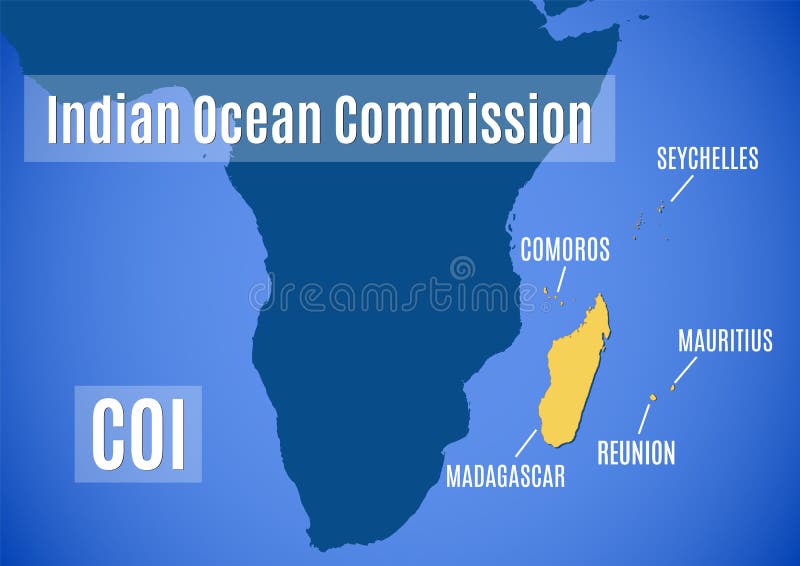UPSC Articles
INTERNATIONAL
Topic: General Studies 2:
- Bilateral, regional and global groupings and agreements involving India and/or affecting India’s interests.
Indian Ocean Commission (IOC) and India
Context: IOC granted observer status to India on March 6th,2020.
About IOC
Founded in 1982, the IOC is an intergovernmental organisation comprising five small-island states in the Western Indian Ocean which are
- Comoros
- Madagascar
- Mauritius
- Réunion (a French department)
- Seychelles.
Decisions in the IOC are consensus-based in spite of the presence of major Power-France (Reunion)
Significance of IOC: For its geographical location, as the islands sit around a “key choke-point” in the Indian Ocean — the Mozambique Channel

Pic: Source
Achievements of IOC
- In 2012, the IOC was one of the four regional organisations to launch the MASE Programme
- MASE is an EU-funded programme to promote Maritime Security in Eastern and Southern Africa and Indian Ocean
- Under MASE, the IOC has established a mechanism for surveillance and control of the Western Indian Ocean with two regional centres.
- The Regional Maritime Information Fusion Centre (RMIFC), based in Madagascar, monitors maritime activities and promotes information sharing
- The Regional Coordination Operations Centre (RCOC), based in Seychelles, will facilitate jointly coordinated interventions at sea based on information gathered through the RMIFC.
What are the merits of maritime security architecture (RMIFC & RCOC) created by IOC?
- These platforms act as deterrent against maritime crime at sea
- Supplements the high-level counter-piracy presence of naval forces from the EU and USA
- It provides sustainable framework to improve maritime control and surveillance while allowing littoral States to shape their own destiny
India and IOC
- Similar thinking: IOC is not seeking a ‘big brother’ partnership which is aligned with India’s policy of treating all Nations as equals irrespective of their size
- Model to be replicated: The IOC style of ‘bottom-up regionalism’ has led to regional definition of maritime security problems and local ownership of workable solutions. Such a strategy can be replicated at South Asian level
- Multiplier effect: Local successes at curbing maritime threats, through IOC, will have broader security dividends for the Indian Ocean space.
- Potential Partner: India’s SAGAR vision is intended to be “consultative, democratic and equitable”, which syncs with IOC vision of regional security
Way Ahead: How Indian can help IOC?
- Support sub-regional efforts such as those of the IOC.
- Building capacity of IOC countries to patrol their EEZs
- Linking of India’s information fusion centres with others in the region
- Providing Technical expertise in maritime monitoring & surveillance
- Providing India’s satellite imagery services to RMIFC
Connecting the dots
- Other regional Organisation in the subcontinent
- Importance of Mozambique Channel as the U.S.-Iran tensions threaten the Strait of Hormuz.











